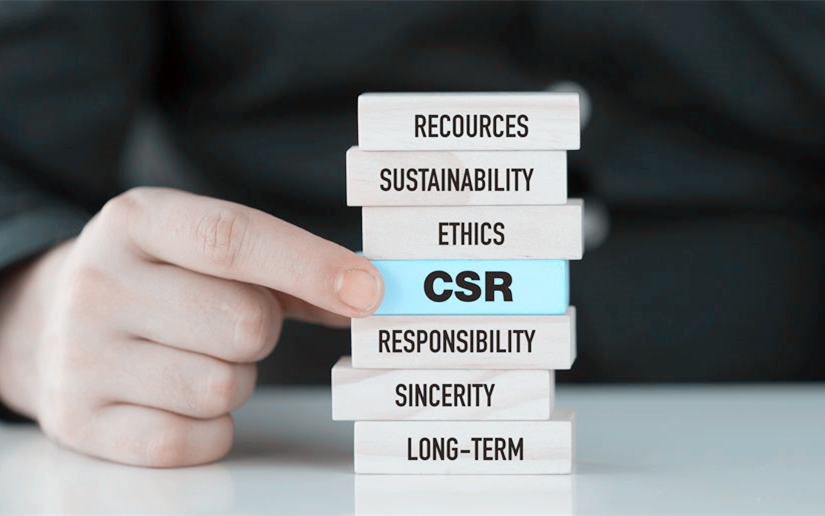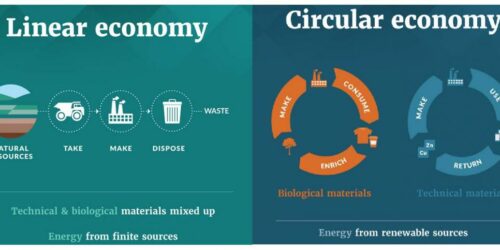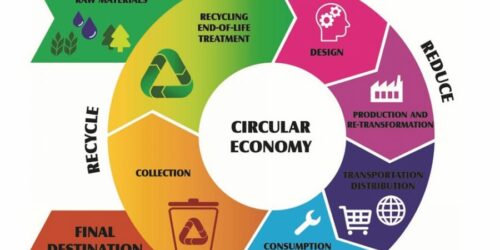Corporate Social Responsibility – Knowledge Check Questions & Answers

Corporate Social Responsibility – Knowledge Check Questions & Answers
- All those who in some way are related to a firm’s activities are known as:
Public
Shareholders
Stakeholders
Clients
Answer: A) Stakeholders
- Which of the following is NOT part of Archie Carroll’s pyramid of corporate social responsibility?
Legal responsibility
Discretionary responsibility
Ethical responsibility
Answer: A) Stakeholder responsibility
- An application of Milton Friedman’s argument is:
providing workers time off to volunteer in their communities
establishing a recycling program
maximizing shareholder returns
clearly defining ethical concerns along a product’s supply chain
Answer: C) maximizing shareholder returns
- Strategic CSR expounds the ______ argument in favor of corporate social responsibility.
economic
social
financial
political
Answer: A) economic
- James Rogers (the CEO of Duke Energy) once stated: “If you are not at the table when these negotiations are going on, you’re going to be on the menu.” This illustrates what argument for CSR?
ethical
moral
rational
economic
Answer: C) rational
- According to the text, corporate social responsibility issues tend to gain a foothold in societies that are more ______.
affluent
impoverished
democratized
unstable
Answer: A) affluent
- What are the four phases of stakeholder access to information?
industrialization, internationalization, globalization, and digitization
industrialization, domestic production, and international trade
international trade, use of internet technology, and globalization
growth, globalization, and job creation
Answer: A) industrialization, internationalization, globalization, and digitization
- What are the four driving forces of corporate social responsibility?
Communication, affluence, domestic credibility, and profitability
Sustainability, globalization, consumer engagement, and profitability
Affluence, sustainability, globalization, and communication
Stakeholder engagement, profitability, communication, and sustainability
Answer: C) Affluence, sustainability, globalization, and communication
- According to the textbook, how does globalization affect the flow of information?
Because of globalization, information is communicated more effectively.
Globalization allows companies to operate in many countries.
Globalization provides more people access to newspapers.
Globalization does not affect the flow of information.
Answer: A) Because of globalization, information is communicated more effectively.
- According to the textbook, which driving force of corporate social responsibility is most important?
Affluence, because without money and care about social issues, CSR initiatives are moot.
Communication, because companies must successfully communicate with their stakeholders to remain profitable.
Sustainability, because addressing environmental issues is critical to the continuing success of businesses.
The forces are all equally important and work together.
Answer: C) The forces are all equally important and work together.
- The text argues that CSR is not only a corporate responsibility but also a(n) *stakeholder* responsibility.
- *Milton Friedman* believes profit is an end in itself and that value to society is maximized if individual actors pursue their self-interest above all else.
- *Charles Handy* argues profit is only a means to a larger end and a firm should not remain in existence just because it is profitable, but because it is meeting a need that society as a whole values.
- The *economic* argument for CSR assumes that firms act most effectively when they are incentivized to do so.
- When responding to stakeholder concerns, the ability of the firm to maximize opportunity and minimize risk is known as the *CSR sweet spot*.
- The range of firm behavior that generates value for both internal and external stakeholders in sufficient quantities is termed *the strategic CSR window of opportunity*.
- *The CSR threshold* occurs when stakeholders act to punish the firm for not meeting their expectations in relation to that issue.
- Which is NOT a right of a corporation?
The ability to sue other legal individuals
The right to free speech
The right to live in perpetuity
The ability to own property
The right to privacy
Answer: E) The right to privacy
- Corporation’s have clear rights, but what are there responsibilities (or public purpose)? We reviewed two schools of thought in this module. Drag each perspective to its matching description.
From a shareholder perspective “The corporation, as created by law, . . . compels executives to prioritize the interests of their companies and shareholders above all others and forbids them from being socially responsible—at least genuinely so”
From a CSR perspective, “The firm has a responsibility to its shareholders, but they are only one group of many stakeholders. Their interests are important, but there are many instances in which those interests are likely to be (and should be) subservient to the interests of other stakeholders.”
(Chandler, 2020, p. 116)
- True or False: Citizens United was a landmark case because it decided corporations enjoy the same First Amendment rights to free speech as individuals.
Answer: True





